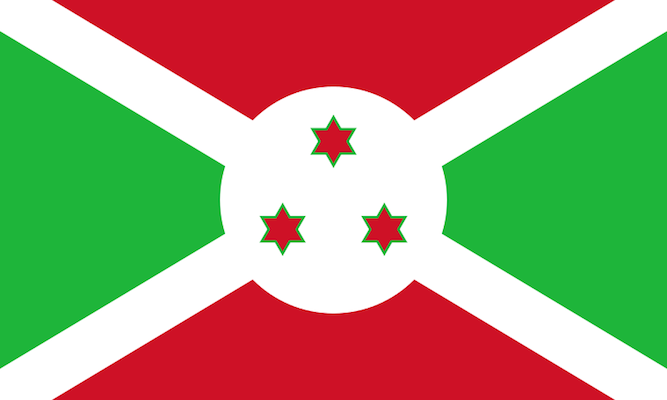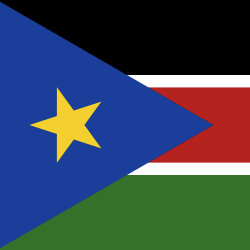The attempted military coup in Burundi this week, which sought to halt the president’s unconstitutional bid for a third term and to end the violent police crackdowns on protesters, has failed decisively, after a day of heavy fighting in the capital. The putsch lasted about two days before fizzling.
Several coup leaders have been arrested and the ringleader (who may or may not have been among those arrested already) publicly admitted failure:
Gen Niyombare, who launched the coup attempt on Wednesday, told the AFP agency: “I hope they won’t kill us.”
[…]
“We have decided to surrender,” Gen Niyombare told AFP. He added that troops loyal to the president were approaching him.
A co-conspirator had admitted defeat earlier and acknowledged that the army is overwhelmingly standing by the president:
General Cyrille Ndayirukiye told the AFP news agency that most in the military wanted to keep the current government in power.
[…]
“Personally, I recognise that our movement has failed,” he said, according to AFP. “We were faced with an overpowering military determination to support the system in power,” he added.
The loyalist faction’s leadership was jubilant and explained how they had persuaded a majority of the army not to join the coup:
Army chief of staff Gen Prime Niyongabo [who remained loyal to the president] told the BBC’s Maud Jullien the number of soldiers backing the coup had fallen.
“On Wednesday evening we gave them the chance to rejoin the army to avoid a bloodbath. But they [likely a smaller faction] tried to attack the radio station today (Thursday) – the army repelled the attack.
“We are in control of all strategic points in the country. Burundi is a democratic nation. The army does not interfere in politics. We are obliged to follow the constitution.”
To their credit, the loyalists are using the words “democratic” and “constitution” a lot, while emphasizing non-interference, in explaining their opposition to the coup. But of course it’s worth remembering that the president isn’t following the constitution either.
Still, I suppose political neutrality is a better impulse than coup. But it might not be an enlightened decision so much as a result of careful planning since the end of the civil war that resulted in the restructuring of Burundi’s armed forces to make the army’s kaleidoscope of factions so internally jumbled that allegiances either lie with no one or with the political system, but not with specific leaders (whether military or civilian). If one person attempts to stage a mutiny or rebellion, it is difficult to rally significant forces quickly to the mutineers’ cause: Read more




 South Sudan is Africa’s newest country and is a significant oil-producer (
South Sudan is Africa’s newest country and is a significant oil-producer (